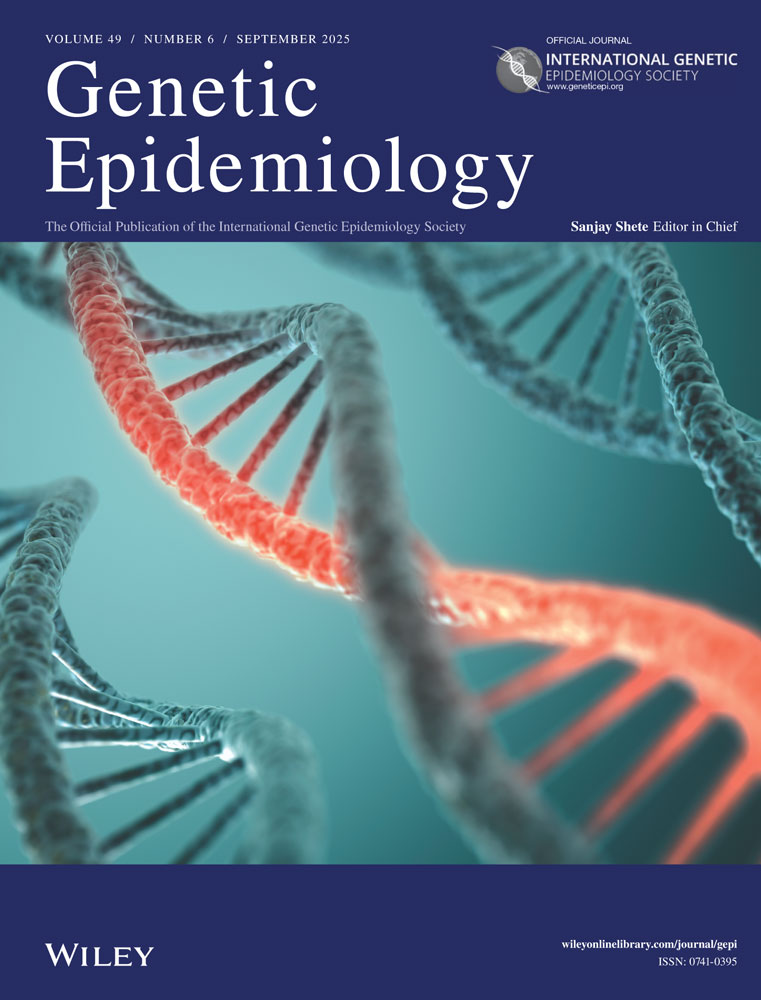HLA DQβ3.2 identifies subtypes of DR4 + haplotypes permissive for IDDM
Abstract
The HLA class II-related susceptibility to type I insulin-dependent diabetes mellitus (IDDM) is examined in 94 multiplex families sorted by the presence or absence of a DR4+ haplotype in at least one diabetic family member. The families with DR4+ haplotypes are then sorted by the presence or absence of a DR4-linked DQβ3.2 allele. Further analysis assumes each multiplex family to represent a single diabetic genetic event and identifies the HLA class II haplotype(s) present in all affected members. The DQβ3.2 allele is present in over 95% of the multiplex families where DR4+ haplotypes segregate with IDDM, implying a major permissive role in determining susceptibility to IDDM.




